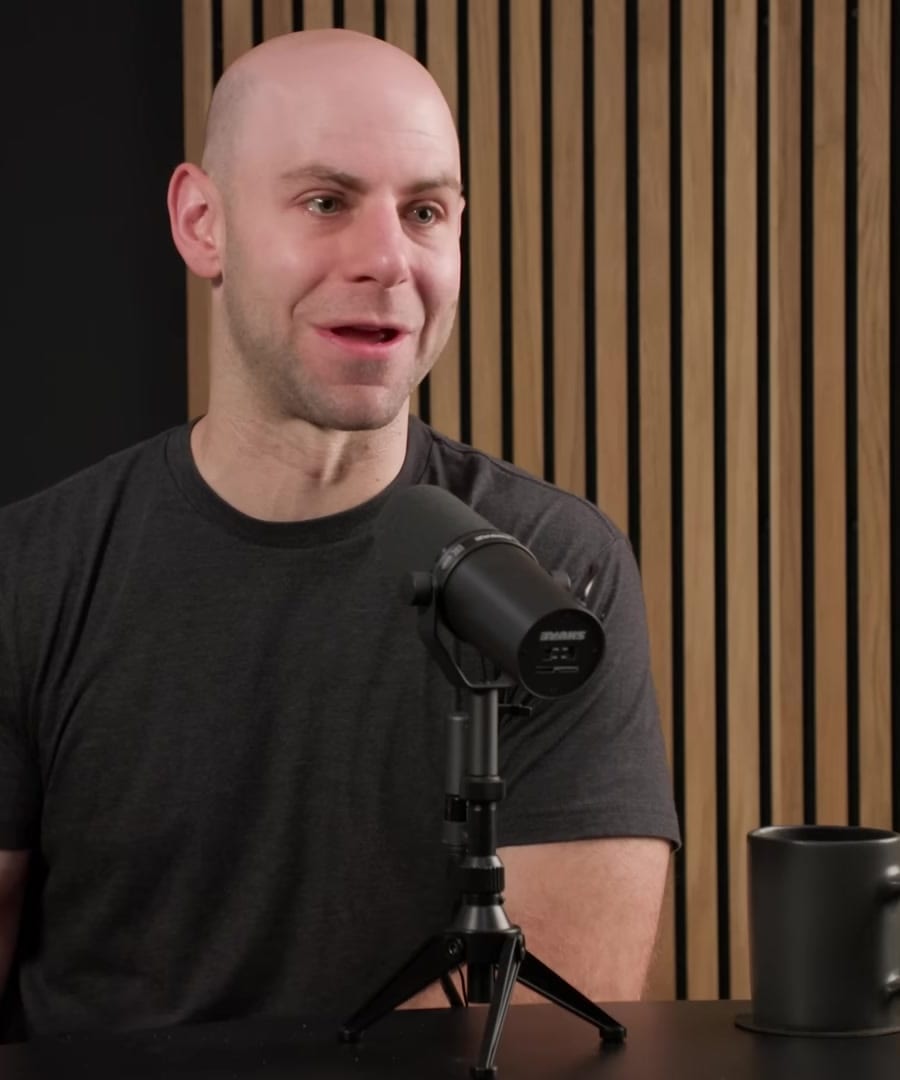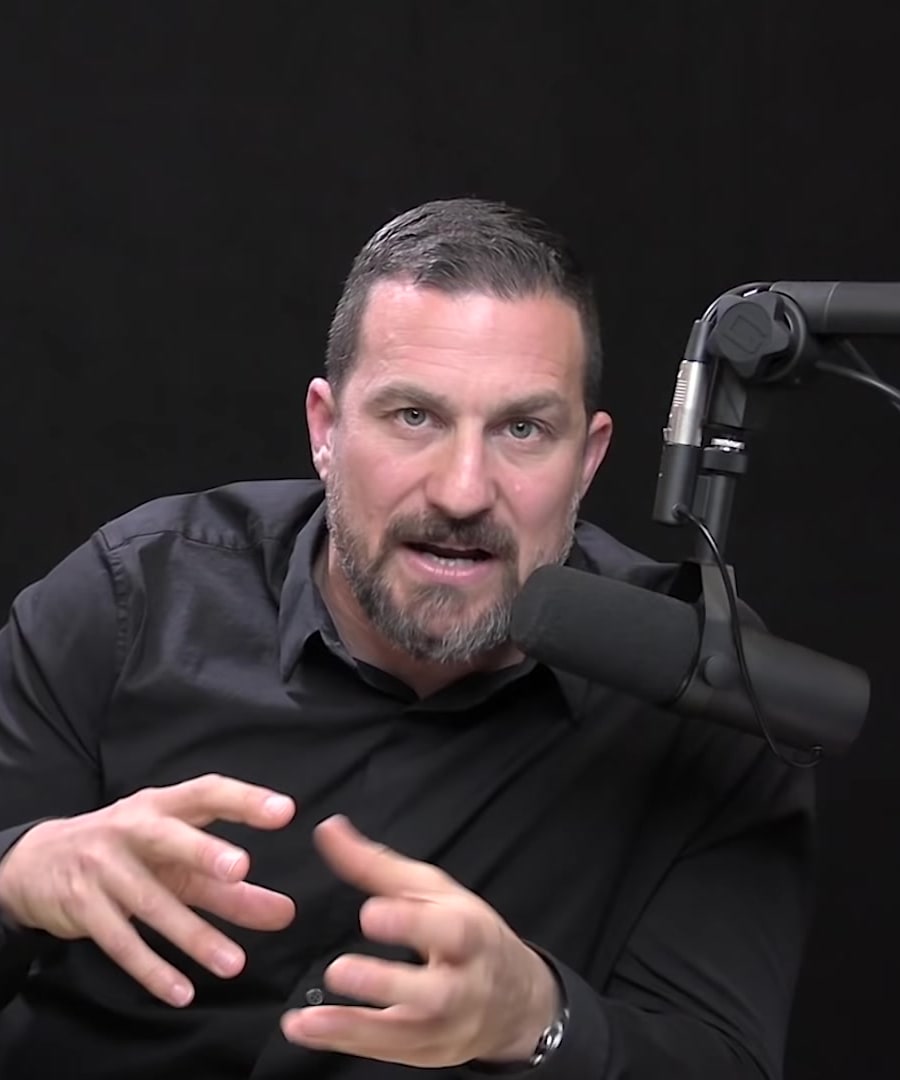what type of creating should I use
Sources:
When exploring creative work, offers several insights on how to approach creativity effectively. Here are some strategies based on his discussions across different contexts:
-
Balance Competition and Creativity: Huberman notes that while competition can drive performance, it may also stifle creativity. It's important to foster outcomes not just through competition, but through pure passion and delight in the creative process. True creativity often emerges from embracing collaboration and love for the craft rather than solely competitive pressures 1.
-
Feedback Loops: Gathering extensive feedback on creative work is crucial. Rather than relying solely on one or two opinions, seeking diverse perspectives can help identify genuine quality issues over isolated critiques. This feedback process guides refinement and improves creative outputs 2.
-
Ideal Timing for Creativity: Huberman mentions the benefits of doing creative work when the mind is relaxed, such as in the afternoon or early evening. This is due to the ability of a relaxed state to foster new contingencies and innovative arrangements of ideas. Thus, it's helpful to schedule creative tasks for times when one feels naturally more relaxed yet alert 3.
-
Embracing Anxiety: Anxiety can play a role in creativity by pushing individuals to think more deeply and beyond initial ideas. Successful creative people often manage anxiety by exploring alternatives and refining ideas, leading to more innovative results 4.
-
Creative Process Management: Creativity involves both nonlinear exploration and linear implementation. The initial creative idea generation often benefits from a relaxed state, while focused and alert periods are best for implementing and refining these ideas into structured outcomes 5.
Choosing the type of creative work often depends on where your passion lies and how you can incorporate these practices to enhance your creativity.
-



